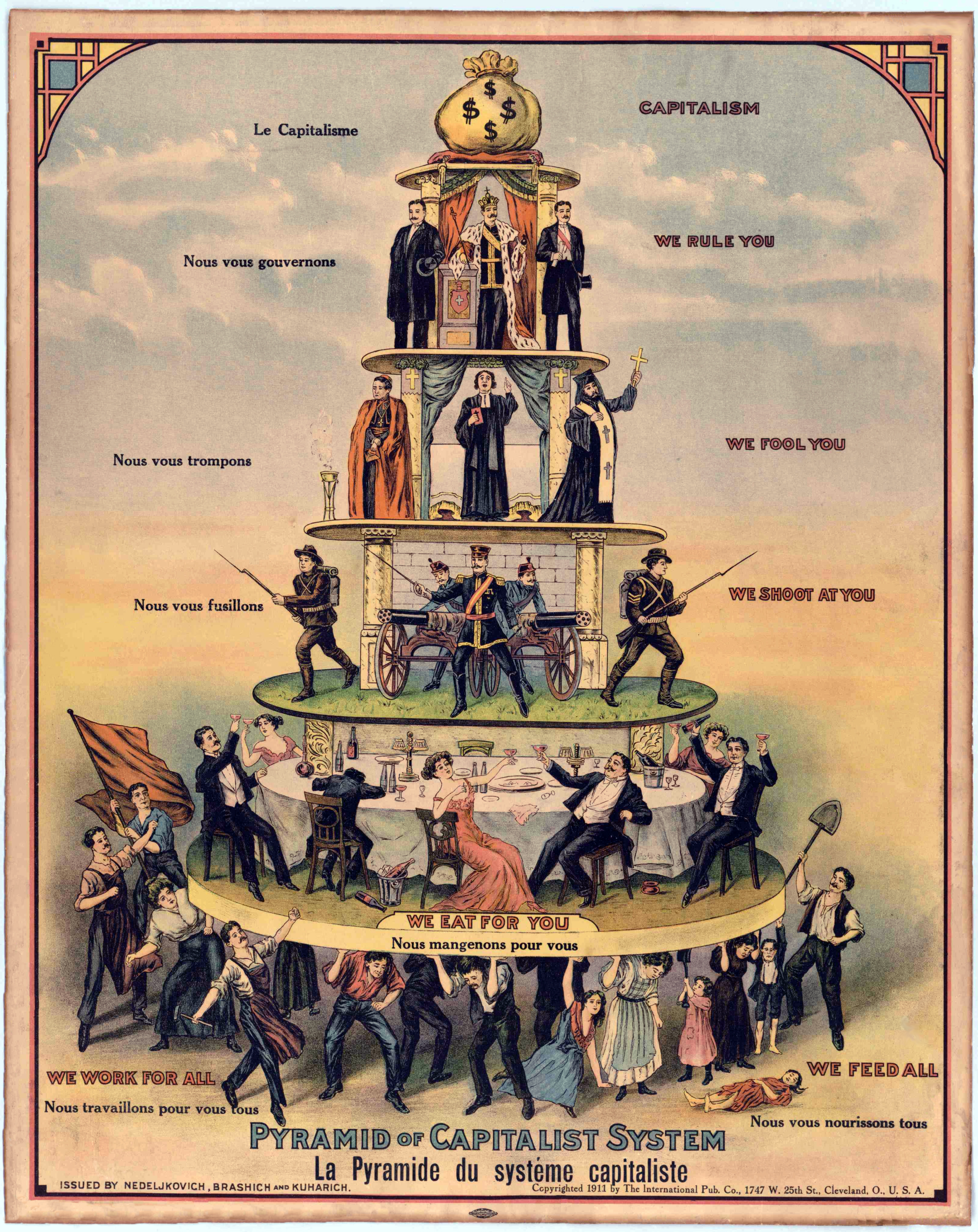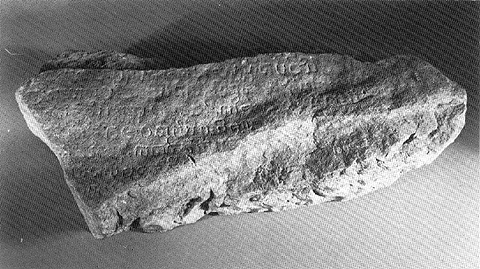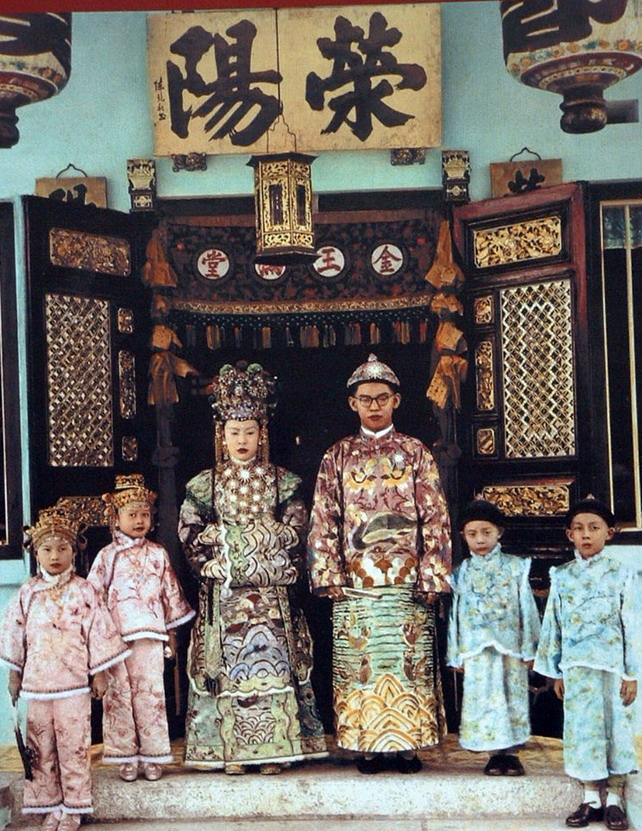|
Susie Lingham
Susie Lingham (born 1965) is a Singaporean contemporary artist, writer, curator, art theorist, and educator. Her practice often incorporates writing, sound, performance, and installation, synthesising interdisciplinary ideas related to the nature of the mind across different fields, from the humanities to the Sciences. From 1991 to 1994, Lingham was the co-founder and co-artistic director of the Singaporean artist-run initiative and space, 5th Passage, alongside artist Suzann Victor. In August 2013, Lingham was appointed as the Director of the Singapore Art Museum, becoming the institution's third Director and the first woman to helm the role since its opening in 1996. She would step down from the position in March 2016, moving on to take the role of Creative Director for the 5th Singapore Biennale in 2016. She is a Senior Lecturer at the School of Technology for the Arts, Republic Polytechnic, Singapore. Education and personal life Lingham was born in 1965 to a Pe ... [...More Info...] [...Related Items...] OR: [Wikipedia] [Google] [Baidu] |
Singaporeans
Singaporeans, or the Singaporean people, refers to Singaporean nationality law, citizens or people who identify with the sovereign island city-state of Singapore. Singapore is a multiracialism, multi-ethnic, multiculturalism, multi-cultural and multi-lingual country. Singaporeans of Chinese Singaporeans, Chinese, Malay Singaporeans, Malay, Indian Singaporeans, Indian and Eurasians in Singapore, Eurasian descent have made up the vast majority of the population since the 19th century. The Singaporean diaspora is also far-reaching worldwide. In 1819, the port of Singapore was established by Sir Stamford Raffles, who opened it to free trade and free immigration on the island's south coast. Many immigrants from the region settled in Singapore. By 1827, the population of the island was composed of people from various ethnic groups. Singapore is a multilingual and Multiculturalism, multicultural society home to people of groups of many different ethnic, religious and national origins ... [...More Info...] [...Related Items...] OR: [Wikipedia] [Google] [Baidu] |
Artist-run Space
An artist-run space or artist-run centre (Canada) is a gallery or other facility operated or directed by artists, frequently circumventing the structures of public art centers, museums, or commercial galleries and allowing for a more experimental program. An artist-run initiative (ARI) is any project run by artists, including sound or visual artists, to present their and others' projects. They might approximate a traditional art gallery space in appearance or function, or they may take a markedly different approach, limited only by the artist's understanding of the term. "Artist-run initiatives" is an umbrella name for many types of artist-generated activity. Argentina The two main artist-run spaces from Buenos Aires were Belleza y Felicidad and APPETITE, both set the standards for emerging art in Argentina. APPETITE was a gallery was the first Argentinian gallery to be accepted at Frieze, London, and encouraged a lot of galleries to its San Telmo barrio. Australia Many artist- ... [...More Info...] [...Related Items...] OR: [Wikipedia] [Google] [Baidu] |
TheatreWorks (Singapore)
TheatreWorks is an independent international performance company based in Singapore. It is an Institute of Public Character. It is currently led by Artistic Director, Ong Keng Sen. TheatreWorks was established in 1985 by Lim Siauw Chong, Lim Kay Tong and Justin Hill at 72-13, a heritage building that was once a rice warehouse on Mohamed Sultan Road and next to the Singapore River. Since establishment, the company has staged over 200 productions and 2,500 performances in Singapore and overseas. After 1999, TheatreWorks hosts and manages the Arts Network Asia (ANA). References External links *72-13 {{authority control 1985 establishments in Singapore Theatre in Singapore Theatre companies in Singapore ... [...More Info...] [...Related Items...] OR: [Wikipedia] [Google] [Baidu] |
Eleanor Wong (playwright)
Eleanor Wong Siew Yin (born 6 February 1962) is a Singaporean playwright, poet, lawyer and legal academic. She is an associate professor of law at the National University of Singapore, where she is vice dean of student affairs and director of the legal skills programme. She is also a member of the Remaking Singapore Committee. Early life and career A graduate of the National University of Singapore (NUS) Faculty of Law as a Public Service Commission merit scholar, Wong won the Best Oralist (Championship Round) at the 1985 Philip C. Jessup International Law Moot Court Competition, where she was a member of the victorious NUS moot team. Wong started her career with the Commercial Affairs Department, prosecuting complex commercial and securities frauds. She obtained a Master of Laws in corporate law from New York University in 1990 and practised in the New York office of Coudert Brothers before returning to Singapore in 1992. Wong also provided communications consultancy and h ... [...More Info...] [...Related Items...] OR: [Wikipedia] [Google] [Baidu] |
Identity Politics
Identity politics is a political approach wherein people of a particular race, nationality, religion, gender, sexual orientation, social background, social class, or other identifying factors develop political agendas that are based upon these identities. Identity politics is deeply connected with the idea that some groups in society are oppressed and begins with analysis of that oppression. The term is used primarily to describe political movements in western societies, covering nationalist, multicultural, women's rights, civil rights, and LGBT movements. The term "identity politics" dates to the late twentieth century although it had precursors in the writings of individuals such as Mary Wollstonecraft and Frantz Fanon. Many contemporary advocates of identity politics take an intersectional perspective, which accounts for the range of interacting systems of oppression that may affect their lives and come from their various identities. According to many who describe themselves ... [...More Info...] [...Related Items...] OR: [Wikipedia] [Google] [Baidu] |
Parkway Parade
Parkway Parade is a suburban shopping centre in Marine Parade, Singapore. Officially opened in March 1984, it has a 17-floor office tower and a seven-storey shopping mall with a basement. Developed by Parkway Holdings, the company sold the building to Asia Pacific Investment Company in 2000. The mall is managed by Lendlease. History The development of Parkway Parade began in March 1981. Developed by Parkway Holdings on a plot along Marine Parade Road, the complex comprised a 15-storey office building and a six-storey shopping podium, and was expected to cost . The mall was designed after American surburban shopping centres, and Parkway Holdings sought advice from American and Australian consultants for its design. In order to meet an Urban Redevelopment Authority deadline, the building contractor, Kajima Corporation, used a proprietary flat-slab construction technique to construct the complex. The complex opened in December 1983, and was well-patronised by shoppers, accordin ... [...More Info...] [...Related Items...] OR: [Wikipedia] [Google] [Baidu] |
Postgraduate Diploma
A postgraduate diploma (PgD, PgDip, PGDip, PG Dip., PGD, Dipl. PG, PDE) is a postgraduate qualification awarded after a university degree, which supplements the original degree and awards them with a graduate diploma. Countries that award postgraduate diplomas include but are not limited to Bangladesh, Barbados, Belgium, Brazil, Canada, Chile, Colombia, Germany, Hong Kong, Jamaica, Spain, Kenya, South Africa, Sudan, India, Ireland, the Netherlands, New Zealand, Nigeria, Republic of Panama the Philippines, Portugal, Russia, Pakistan, Poland, Saudi Arabia, Singapore, Sweden, the United Kingdom, Sri Lanka, Trinidad and Tobago and Zimbabwe. Level of education and recognition differ per issuing country. Australia and New Zealand The Australian equivalent of a postgraduate diploma is called a Graduate Diploma (GDip or GradDip), situated at AQF (Australian Qualifications Framework) level eight. New Zealand universities offer postgraduate diplomas (PostGradDip). NZQA level of post gradu ... [...More Info...] [...Related Items...] OR: [Wikipedia] [Google] [Baidu] |
Punjabis
The Punjabis ( Punjabi: ; ਪੰਜਾਬੀ ; romanised as Panjābīs), are an Indo-Aryan ethnolinguistic group associated with the Punjab region of the Indian subcontinent, comprising areas of eastern Pakistan and northwestern India. They generally speak Standard Punjabi or various Punjabi dialects on both sides. The ethnonym is derived from the term ''Punjab'' (Five rivers) in Persian to describe the geographic region of the northwestern part of the Indian subcontinent, where five rivers Beas, Chenab, Jhelum, Ravi, and Sutlej merge into the Indus River, in addition of the now-vanished Ghaggar. The coalescence of the various tribes, castes and the inhabitants of the Punjab region into a broader common "Punjabi" identity initiated from the onset of the 18th century CE. Historically, the Punjabi people were a heterogeneous group and were subdivided into a number of clans called '' biradari'' (literally meaning "brotherhood") or ''tribes'', with each person bound t ... [...More Info...] [...Related Items...] OR: [Wikipedia] [Google] [Baidu] |
Indian Singaporeans
Indian Singaporeans (Tamil: ') are Singaporeans of Indian or South Asian ancestry, who constitute 9.0% of the country's citizens, making them the third largest ancestry and ethnic group in Singapore. While contact with ancient India left a deep impact on Singapore's indigenous Malay culture, the mass settlement of Indians on the island only began with the founding of modern Singapore by the British in 1819. Initially, the Indian population was transient, mainly comprising young men who came as workers, soldiers and convicts. By the mid-20th century, a settled community had emerged, with a more balanced gender ratio and a better spread of age groups. Indian Singaporeans are linguistically and religiously diverse, with ethnic Tamils and Hindus forming majorities. The Indo-Singaporean culture has endured and evolved over almost 200 years. By the 1990s, it had grown somewhat distinct from contemporary South Asian cultures, even as Indian elements became diffused within a broader ... [...More Info...] [...Related Items...] OR: [Wikipedia] [Google] [Baidu] |
Peranakan
The Peranakans () are an ethnic group defined by their genealogical descent from the first waves of Southern Chinese settlers to maritime Southeast Asia, known as Nanyang (), namely the British Colonial ruled ports in the Malay Peninsula, the Indonesian Archipelago as well as Singapore. Peranakan culture, especially in the dominant Peranakan centres of Malacca, Singapore, Penang and Medan, is characterized by its unique hybridization of ancient Chinese culture with the local cultures of the Nusantara region, the result of a centuries-long history of transculturation and interracial marriage. Immigrants from the southern provinces of China arrived in significant numbers in the region between the 14th and 17th centuries, taking abode in the Malay Peninsula (where their descendants in Malacca, Singapore and Penang are referred to as Baba–Nyonya); the Indonesian Archipelago (where their descendants are referred to as Kiau–Seng); and Southern Thailand, primarily in Phuket, Tr ... [...More Info...] [...Related Items...] OR: [Wikipedia] [Google] [Baidu] |
Republic Polytechnic
Republic Polytechnic (RP) is a post-secondary education institution and statutory board under the purview of the Ministry of Education in Singapore. Established in 2002, it is the first and only polytechnic in Singapore to use the problem-based learning (PBL) pedagogy for all of its programmes. History Republic Polytechnic was established in July 2002. First located at the former Ministry of Education headquarters at Tanglin, the polytechnic was established as a statutory board a month later. The polytechnic admitted its pioneer batch of students in July 2003 across three schools, Applied Science, Engineering and Information and Communications (now Infocomm). In 2005, the polytechnic opened two new schools, Technology for the Arts and Sports, Health and Leisure. Construction of the new campus in Woodlands was completed in stages. The Republic Polytechnic Centre was opened in November 2005 by the then Minister for Education Tharman Shanmugaratnam. In March 2006, the polytechnic o ... [...More Info...] [...Related Items...] OR: [Wikipedia] [Google] [Baidu] |
Singapore Biennale
The Singapore Biennale is a large-scale biennial contemporary art exhibition in Singapore, serving as the country’s major platform for international dialogue in contemporary art. It seeks to present and reflect the vigour of artistic practices in Singapore and Southeast Asia within a global context, fostering collaboration and engagement between artists, arts organisations, and the international arts community. First organised in September 2006 as an anchor cultural event for the Singapore 2006 series of events, subsequent Biennales have been held once every two or three years, and usually last around four months, including public engagement and education programmes that include artist and curator talks and tours, school visits and workshops, and community days. The 2006 and 2008 editions of the Singapore Biennale were organised by the National Arts Council, Singapore. The Council then commissioned the Singapore Art Museum to organise the 2011, 2013 and 2016 editions. The Singapor ... [...More Info...] [...Related Items...] OR: [Wikipedia] [Google] [Baidu] |




